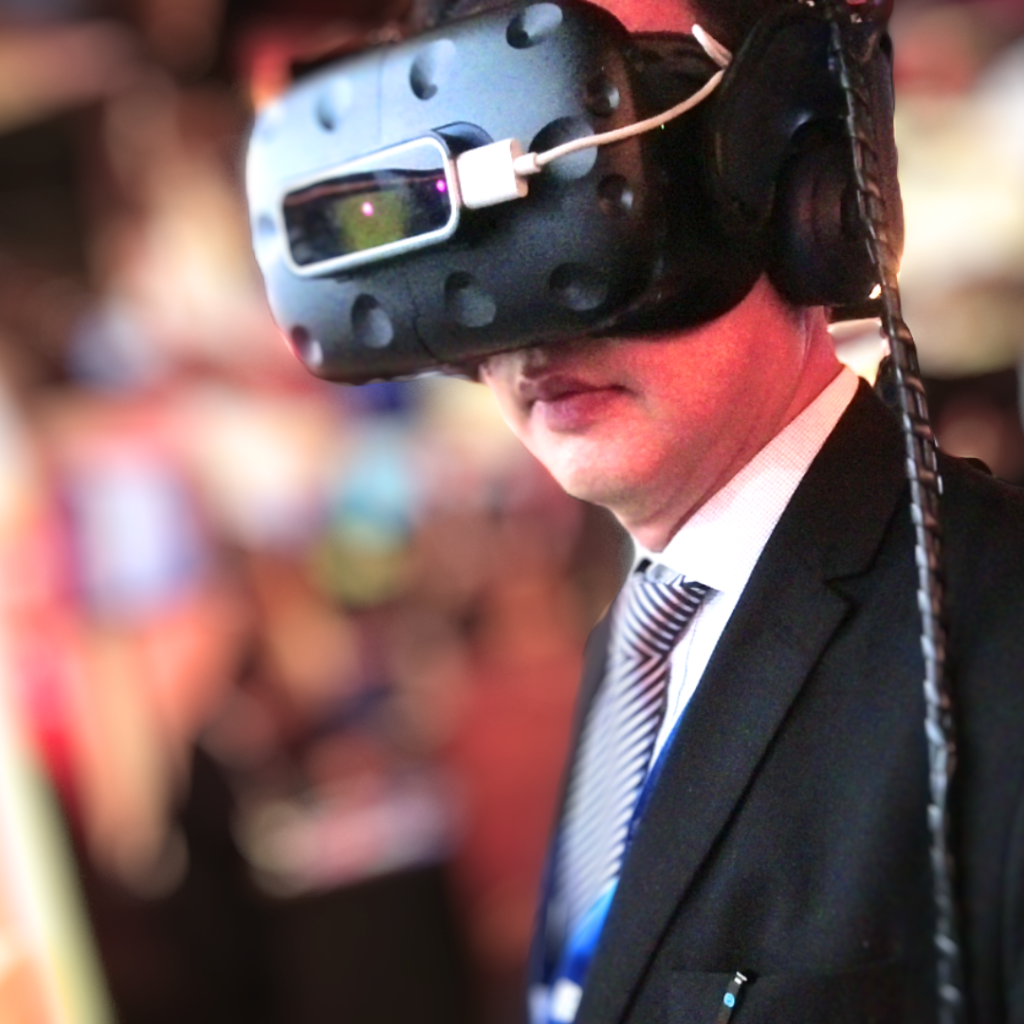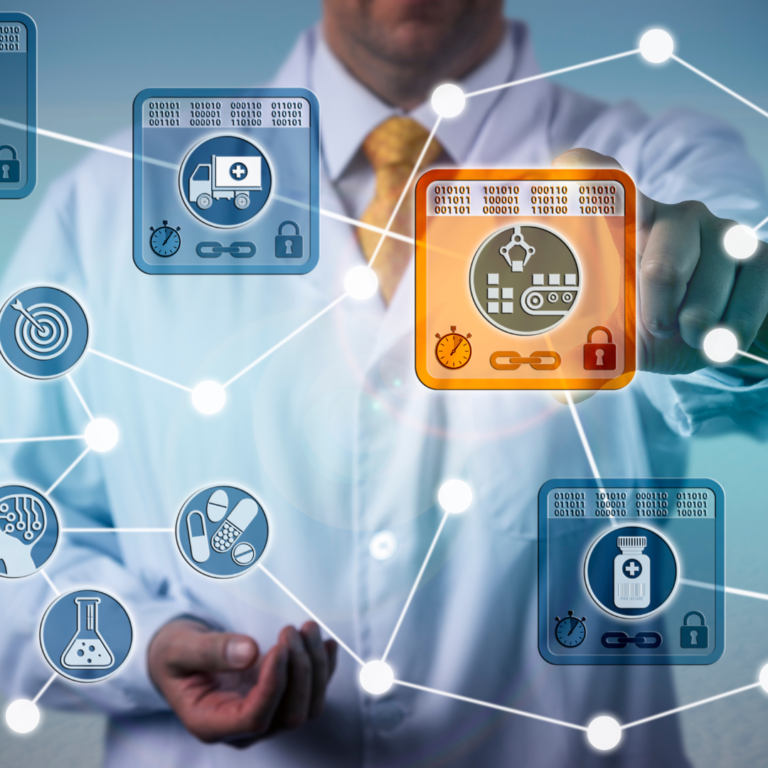

Digital Transformation: The Key to Revitalizing Philippine Maritime Education and Training
By: Isaias P. Despi Jr. M.M
The Philippines has long been a global powerhouse in seafaring, supplying a significant portion of the world's maritime workforce. However, recent years have witnessed a concerning decline in the number of Filipino seafarers deployed internationally. Issues like corruption, outdated training methods, and a lack of adaptability to evolving industry standards have tarnished the country's once-stellar reputation. Digitalization offers a beacon of hope – the potential to revitalize the Philippines' maritime education and training (MET) sector, ensuring the continued production of competent seafarers while bolstering the nation's position in the global maritime industry.
How Digitalization Streamlines MET

- Simulation-Based Learning: Advanced simulators powered by augmented reality (AR) and virtual reality (VR) can replicate real-world shipboard scenarios. This offers highly immersive training, exposing students to a full range of challenges and operations before they ever set foot on an actual vessel. Simulation-based learning provides safer, more controlled, and readily repeatable training.
- E-Learning and Knowledge Management Systems: Digitizing course materials and assessments enhances accessibility. Seafarers can learn at their own pace and review critical concepts throughout their careers. Digital knowledge management systems promote efficient sharing of resources and best practices across MET institutions.
- Data-Driven Performance Tracking: Digitalization creates detailed records of individual seafarer training and performance data. This facilitates objective assessments of competence, pinpointing areas for additional support and aiding in customized development plans.
Digitalization – An Antidote to Corruption
Transparency is arguably the greatest advantage technology brings to MET. Corruption plagues the Filipino seafaring industry, with allegations of manipulated grades, falsified documentation, and under-the-table payments. Digitalization has the power to address these deep-rooted issues:
- Secure Digital records: Blockchain-based technologies ensure immutable records of training accomplishments and certifications. These records become virtually tamper-proof, reducing opportunities for fraud and protecting the integrity of Filipino seafarer credentials.
- Automated Assessments: Online grading systems minimize human bias and provide auditable logs, removing avenues for favoritism and unethical influences in the evaluation process.
- Streamlined Licensing: Digitized document submission, verification, and transparent online tracking reduce bureaucratic inefficiencies and minimize bottlenecks prone to corrupt practices.
Globally-Competitive Seafarers through Digitalization
Maritime digitalization isn’t simply a domestic matter; it’s a global push driven by the International Maritime Organization (IMO) and industry leaders. Filipino MET institutions must keep pace. Digitalization provides several crucial advantages in meeting these evolving standards:
- Up-to-Date Course Curricula: Digitized curricula enable swift revision to reflect rapidly changing onboard technologies, ensuring Filipino seafarers have the relevant skill sets for modern ships.
- Global Collaboration: Digitizing MET promotes partnerships with leading maritime nations. Exchange of expertise, standardized curriculums, and joint training programs maintain the Filipino workforce at the cutting edge.
- Competency Demonstration: Digitization promotes objective performance metrics. Filipino seafarers can present employers with concrete proof of their capabilities, bolstering trust and recognition.
A Roadmap for Successful Implementation
Digitalization won’t be without challenges. Strong government support, funding for infrastructure upgrades within MET institutions, and a willingness to invest in the upskilling of faculty are crucial for successful implementation. Collaboration between MET providers, shipping companies, and international maritime organizations will facilitate smooth transitions and maintain industry alignment.
The future of the Philippine maritime workforce hangs in the balance. Maintaining the current status quo will only serve to further diminish the country's stature. In contrast, a bold embrace of digitalization signifies a commitment to quality, transparency, and a dedication to remaining a leading force in the global maritime arena.

IDJ
Make your life worthwhile, and to the world before you. BE RELEVANT!
Quick Links
©2023. All Rights Reserved
